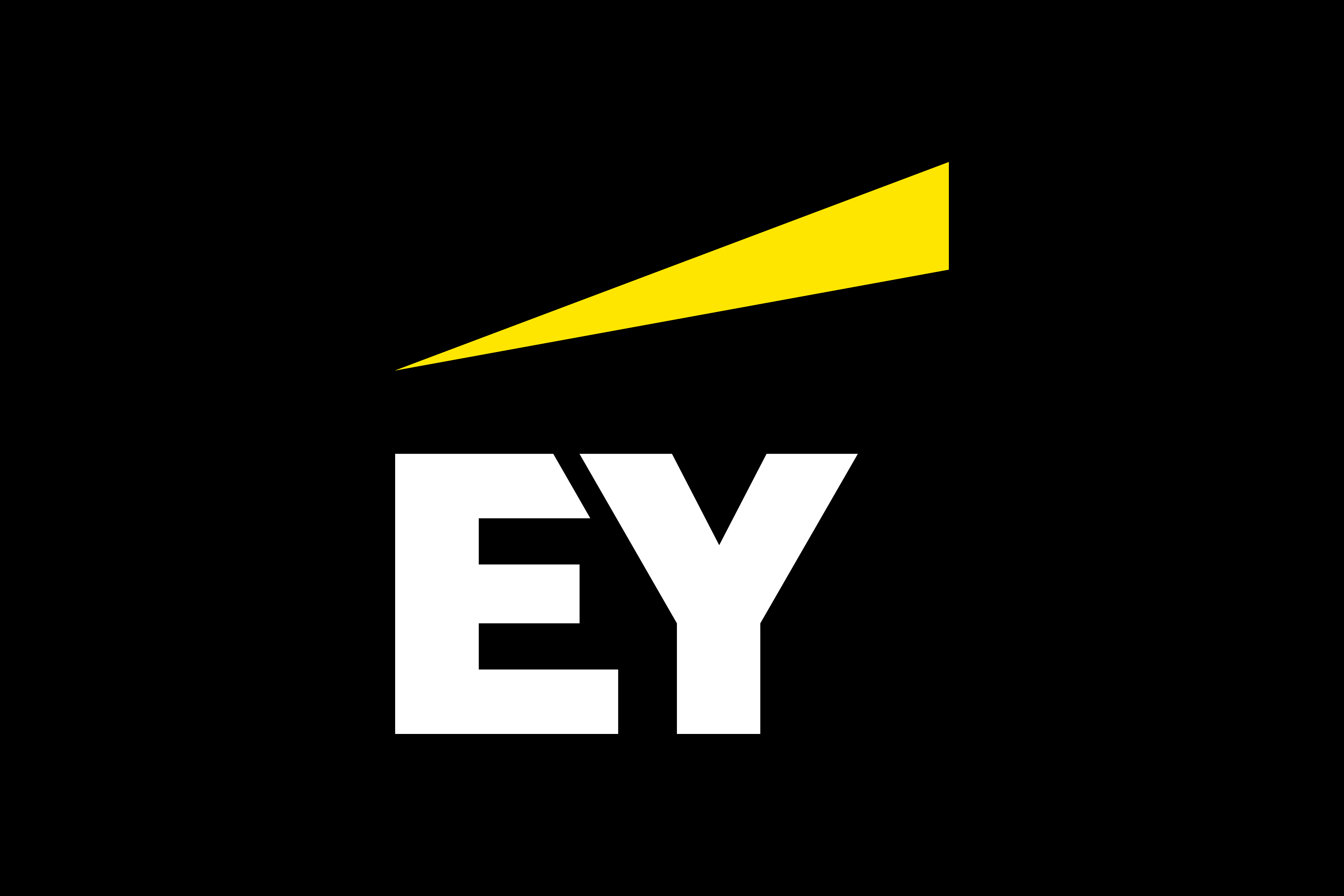EY refers to the global organization, and may refer to one or more, of the member firms of Ernst & Young Global Limited, each of which is a separate legal entity. Ernst & Young Global Limited, a UK company limited by guarantee, does not provide services to clients.
New legislation
EUDR update – 12 months postponement of EUDR adopted by European Parliament and Council
The European Parliament and Council have adopted an updated proposal to extend the enforcement date of the EU Deforestation Regulation (EUDR) by one year, shifting the compliance deadline to December 30, 2025, with micro and small businesses given until June 30, 2026. This extension provides companies additional time to comply with the regulation, which has been EU law since June 29, 2023.
The agreement, reached through the Trilogue process, includes a commitment by the European Commission to publish a comprehensive list of low- and high-risk countries by June 30, 2025. However, the proposal to introduce a "no risk" category for country benchmarking was rejected.
Additionally, the EU Timber Regulation (EUTR) will be repealed on December 30, 2025, with timber products transitioning to EUDR compliance from that date. EUTR provisions will remain for products harvested before June 30, 2023, until December 31, 2028.
CBAM update – Authorized CBAM Declarant
The Commission has recently published the draft implementing regulation, which outlines specific rules for obtaining the Authorized CBAM Declarant status.
Key implications for your business:
- By January 1, 2026, all importers must obtain Authorized CBAM Declarant status to continue importing CBAM goods into the EU. Without having this status, CBAM goods will be blocked. Only EU established importers can obtain the status of Authorized CBAM Declarant.
- Without this status, it will not be possible to purchase the required CBAM certificates, and it will not be possible to submit the mandatory annual CBAM reports.
Requirements for authorized CBAM declarant status
To obtain this status, besides being established in the EU, your business must satisfy several conditions, including:
- No serious or repeated infringements of customs legislation, taxation rules, or market abuse rules.
- Not being subject to bankruptcy proceedings.
- No serious criminal offenses related to economic activity in the previous 5 years.
- Demonstrating sufficient financial standing to meet obligations and commitments which includes:
- Not being in arrears with the payment of customs duties, taxes, or other charges related to the import of goods and their economic activities.
- Companies will have to be able to demonstrate that they are in control of its CBAM processes.
- This means companies will have to have written CBAM procedures in place demonstrating they are in control of its CBAM processes, including internal controls, ensuring sufficient oversight to prevent non-compliant transactions.
Each individual CBAM importing entity must fulfill these requirements. For decentralized corporate structures, this may involve additional compliance efforts but also presents an opportunity to centralize and standardize your CBAM supply chains.
Important timeline
Considering the application process and the assessment duration based on the draft legal framework, we recommend completing your application to become an Authorized CBAM Declarant by the 12th of June 2025. Failure to meet this deadline may result in not obtaining the CBAM Declarant status timely, which would put your ability to import CBAM goods at risk starting January 2026.
How can EY help?
EY offers key services to assist clients in meeting the Authorized CBAM Declarant requirements, including:
- Detailed advice on the draft legislation and all related CBAM and customs regulations.
- Readiness assessment to evaluate potential CBAM Declarants against the defined requirements.
- Guidance on setting up a CBAM organization, including roles, responsibilities, governance structure, processes, and internal controls.
- Assistance with preparing and submitting the Authorized CBAM Declarant application.
Our team of CBAM specialists is ready to support you in navigating these new requirements and can arrange a meeting to discuss the potential impact of the new Regulation on your business and how to assist you in achieving compliance.
The above-mentioned conditions, including the obligation that companies need to be able to demonstrate that they are in control of its CBAM processes is already a given based on the previously adopted CBAM regulation. The way of implementation might still undergo slight changes though, once the draft implementation regulation is adopted. The Regulation is expected to be finalized and enter into force by early 2025 latest. Considering the challenging timing, we strongly recommend companies to start drafting and implementing procedures ensuring they are in control of its CBAM compliance.
